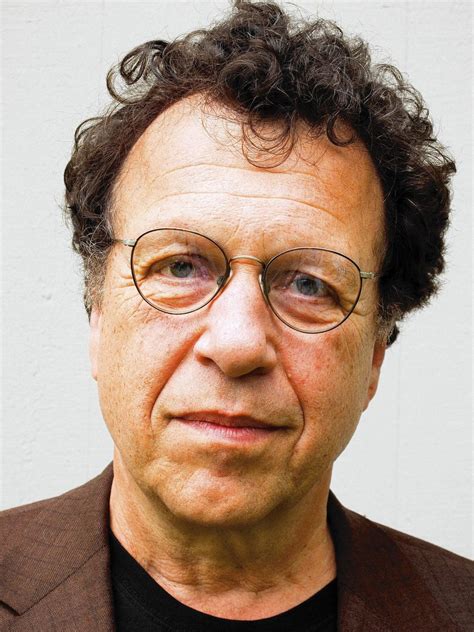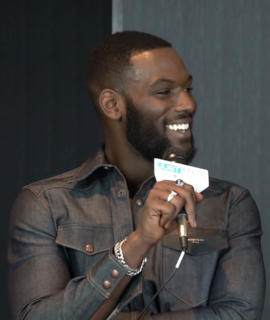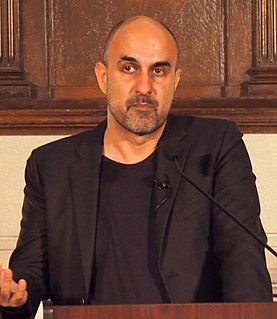A Quote by Scott Spencer
Everything in a novel has to be intentional, even the things that aren't.
Quote Topics
Related Quotes
There is a document in every novel in the world. Even in the most fantastic novel, even in science fiction, there is a documentary side. But, this side is not the crux of the matter. I don't think a novel's main donation, main gift, is the document. The document is there, but a novel goes beyond documentation. It goes into opening a new vista, opening a new perspective, showing familiar things in an unfamiliar way.
I think everything you are, everything that engages you, eventually comes to bear on the novel you write. I think the creative energy in novel writing, obviously, comes from tension. From trying to fuse. From trying to make coherent disparate things that might not at all seem to belong together within a narrative.
What must novel dialogue . . . really be and do? It must be pointed, intentional, relevant. It must crystallize situation. It must express character. It must advance plot. During dialogue, the characters confront one another. The confrontation is in itself an occasion. Each one of these occasions, throughout the novel, is unique.
One easy mistake to make with the first novel is to expand the short story. Some things are better as a story; you cannot dilute things into a novel. I think the first hundred pages of a novel are very important. That's where you set things up: the world, the characters. Once you've set that up, it'll be much easier.
We live in a cluttered culture, a culture of information in which even our computers can't tell us what's worth knowing and what is merely cultural scrap. In such a society, we don't have the experience of contemplative space, of the time or mood to engage a book of poetry or even read a novel. Who can achieve the unconscious-conscious state of the reader when everything is stimulation, everything is movement and information?
I realized I had a novel on my hands, but didn't know where it was going to go. So I thought, 'I'm going to do everything that you're not supposed to do when you plan a novel; I'm going to step back and let this thing take itself wherever it wants to go, and I'm not going to worry about how things connect until later on.'
I realized I had a novel on my hands, but didn't know where it was going to go. So I thought, 'I'm going to do everything that you're not supposed to do when you plan a novel; I'm going to step back and let this thing take itself wherever it wants to go, and I'm not going to worry about how things connect until later on.
Writing has to do with truth-telling. When you're writing, let's say, an essay for a magazine, you try to tell the truth at every moment. You do your best to quote people accurately and get everything right. Writing a novel is a break from that: freedom. When you're writing a novel, you are in charge; you can beef things up.
































